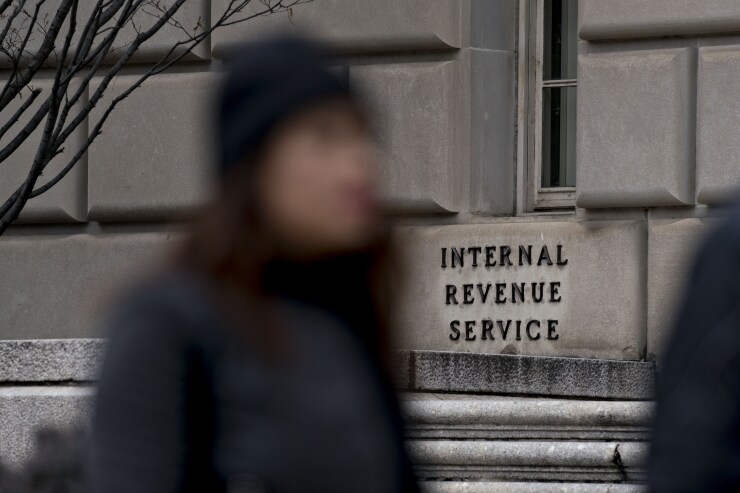The Internal Revenue Service has failed to collect more than $2.4 billion from wealthy individuals who owe the federal government back taxes, according to a Treasury Department watchdog
Auditors were only able to recoup about 39 percent of the more than $4 billion in unpaid taxes owed by a group of rich taxpayers with an average annual income of nearly $1.6 million, the report found. The findings suggest that the IRS should place more emphasis on a taxpayer’s income when determining whether to pursue an audit case, the Treasury Inspector General for Tax Administration said in the report released Monday.
“Instead, it places more significance on other factors, such as the dollar amount of the balance due,” the report said. “With its limited resources, it is important to determine if the IRS is effectively addressing nonpayment by high-income taxpayers.”

The findings are the latest in a series of government accountability reports that recommend the IRS do more to pursue high-income taxpayers after audit rates dipped to historic lows in recent years. The dearth of examinations has prompted Democrats in Congress to pursue legislation that would mandate higher audit levels of businesses and wealthy individuals.
When the IRS identifies a return with potentially underpaid taxes, it notifies the taxpayer, but many of those cases aren’t routed to teams that enforce collections.
The watchdog report suggested that the IRS look at income and the size of the outstanding tax bill to determine the likelihood that the taxpayer will be able to pay the sum when considering which cases to prioritize for collection. The report found that many high-income people owed relatively small amounts, suggesting the agency would be successful in collecting the money. For example, in 2019 there were 1,014 taxpayers reporting incomes of more than $5 million each, who owed less than $100,000. And 632 of those taxpayers owed less than $10,000 each, the report found.
IRS management in the report disagreed with the recommendation.
“The IRS asserts that its predictive models used in case selection are built on robust historical datasets,” the agency said in its response. “It further asserts that its model building process determines which variables are most effective in accurately estimating the percent of delinquent taxes that will be collected, and how these variables should be weighted.”
The IRS has already begun expanding some enforcement efforts under Commissioner Chuck Rettig. The agency has focused on targeting abusive transactions tied to cryptocurrency and land-conservation deals. Agency officials said last year they plan to increase audits on small businesses and investors by 50 percent this year.





